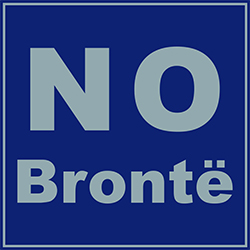Star Trek is what first introduced me to Shakespeare, and I wanted to visit the most Shakespearean of all Star Trek productions, which is Star Trek II: The Wrath of Khan.
This film is Shakespearean in its structure, characters, plot, and themes, and can be a great way to introduce kids to some truly epic literature.
This episode is a trimmed down version of a livestreamed episode that I did. If you want the full version of that with live chat comments, you can watch that here:

